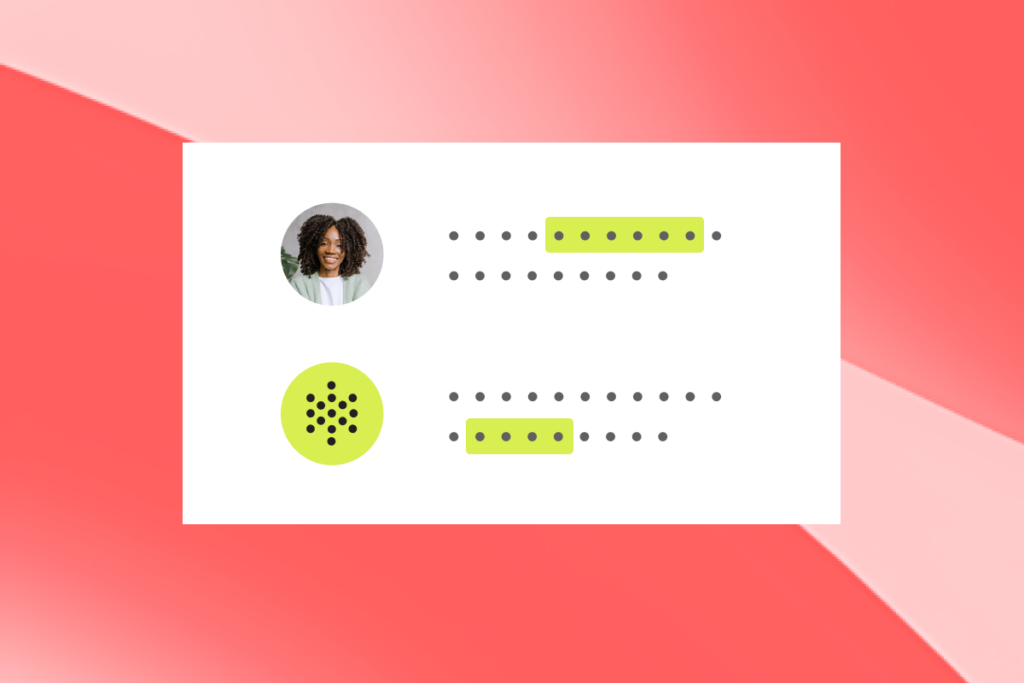Hotel guest service expectations continue to rise with every frictionless customer experience they observe.
From bookings to checking out, ensuring guest satisfaction at every stage of a customer’s experience has never been more critical, especially as review sites for any hotel will be one of the first things customers see when researching a hotel’s name.
The rise of voicebots and voice-based interactions
As voice-based interactions with computers become more common in everyday life, guests expect the same convenience during their leisure or business travels.
While much has been made of popular home voice assistants such as Alexa, hoteliers cannot simply drop consumer-grade technologies into the hotel guest experience.
Beyond the obvious issues of guest privacy, serious questions follow from a decision to allow third-party hardware to dominate guest interactions and, by extension, the customer relationship.
A new generation of guest-led experiences
There is an alternative to these technologies. Customers already make requests to the front desk, concierge, and housekeeping using their bedside phones. Earlier voice solutions were too robotic and unintelligent to be truly helpful to guests and staff.
A new generation of voicebots eliminates previous limitations and presents new opportunities for self-service and personalization in the hotel’s guest experience anywhere in the world.
In this blog, we’ll look at five use cases for voicebots in hotels.
1. Resolving billing inquiries
Many guests call with questions about their bills during their stay or in the weeks following their visit. Most are calling to get a copy of their invoice or to pre-authorize a credit card – tasks that generally need to be handled by an off-site team. Voicebots can take these calls immediately and route callers to the correct department.
Alternatively, voicebots can send guests an SMS containing an email address to make their requests directly or trigger an email with a copy of their bill via integrations with a hotel’s property management systems.
2. Initiating housekeeping requests
Extra towels, a few bottles of water, or toiletries are among guests’ most frequently requested items when they call housekeeping teams from their in-room phones.
Voicebots can accurately understand the requested item(s) and how many are required, regardless of factors such as accents or background noise. Integrations with telephony systems also capture a caller’s room number, enabling voicebots to initiate workflows without human intervention.
3. Personalizing guest experiences
Hotels that pay attention to little details create a lasting impression. Whether a guest is traveling for work or leisure, it’s vital to personalize the experience.
Voicebots can help hotel brands create memorable guest experiences and enhance customer relationships. Integrations with property management systems and middleware services allow voicebots to differentiate the experience by addressing guests with personalized messages, and recognizing loyal, repeat customers.
With the option to offer CSAT surveys over the phone or via SMS, hotels can capture feedback in the moment to improve the guest experience or hotel operations.
4. Handling seasonal peaks in call volume
Call volumes may spike for predictable or unpredictable reasons. Hotels near national landmarks might experience particularly busy periods during public holidays, and resort-style hotel properties may implement special offers as part of a seasonal calendar. Unpredictable events like severe weather can require hotels to address concerns of existing and incoming guests efficiently and with little warning.
Customer-led voicebots are trained to recognize when guests ask about particular landmarks, seasonal activities, special offers, and restaurant names. Accurately understanding caller intent enables voicebots to resolve common, repetitive questions while allowing hotel staff to focus on the most urgent and pressing concerns.
5. Taking reservations
Front-of-house hotel staff are often tasked with managing face-to-face interactions and taking inbound calls. During busy periods, guests at the front desk take precedence, leading to missed calls, which equates to missed revenue opportunities.
By deploying voicebots, hotels can answer every call immediately. Accurately distinguishing between check-in dates and check-out dates, offering different room types, and taking payments over the phone takes away the need for staff intervention.
When guests have complex requirements that need to be handled by a staff member, a voicebot can gather basic information such as the guest’s name, date of birth, or party size while they wait to be served.
Hear how voicebots improve the guest experience for Marriott, Hilton, Hyatt, and Choice Hotels.
Conclusion
Integrating hospitality innovations like voicebots with a hotel’s customer experience stands to benefit both hotel staff and guests.
By automating FAQs, actioning guest requests, and reducing the number of calls to the front desk, customer-led voicebots free up hotel staff to focus on delivering a higher standard of service to in-house guests without sacrificing the quality of service customers receive on the phone.




